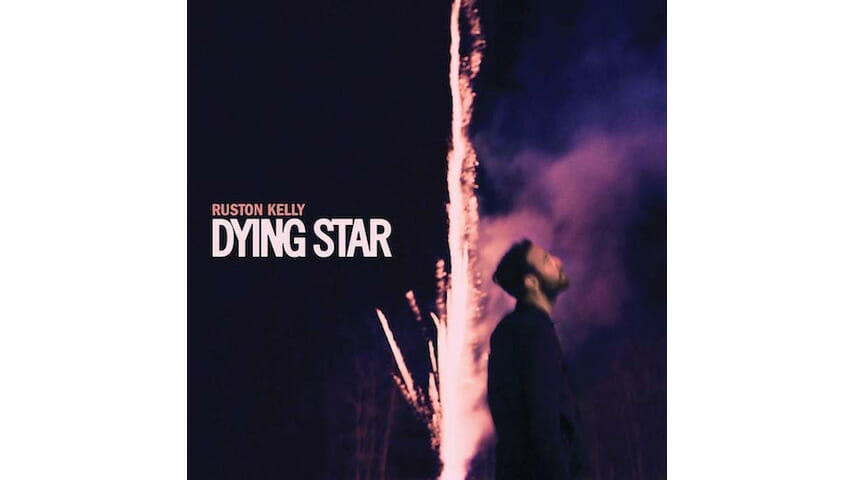Ruston Kelly: Dying Star

Ruston Kelly’s debut full-length Dying Star isn’t the best album anyone will release in 2018. It isn’t even the best album his own household will release in 2018. That title goes to his wife, Kacey Musgraves, for her stunning Golden Hour.
But Dying Star is a very impressive effort from Kelly, a heretofore little-known Nashville singer-songwriter with a perfectly fine-grit voice and a gift for pairing heavy lyrics with remarkably graceful melodies. Evidence of both appears all over the album, revealing an artist who is not only ready for a slice of the spotlight, but also capable of his own crossover someday.
Kelly spends most of Dying Star showing off his considerable chops within the country and folk arena. There are twangy moments (the pedal steel on “Big Brown Bus”), glistening acoustic pop songs (opener “Cover My Tracks”), traditional song forms (the bluesy repetition of “Faceplant”), lush and beautiful harmonies (provided by a gang of women, including Musgraves on “Just For the Record”) and some real experimentation: the Vocoder-soaked “Son of a Highway Daughter” sounds like Young Hip Nashville’s answer to Imogen Heap’s “Hide and Seek.”
In all cases, Kelly acquits himself well. But he is at his best when he’s taking all his various interests and forming them into roots-pop-rock songs that are at once warm and weary and tuneful. It is no surprise, then, that most of all, Kelly’s music sounds like one of roots-rock’s warmest, weariest, most tuneful acts: Whiskeytown, the North Carolina wonderband of the late ‘90s led by a young Ryan Adams.